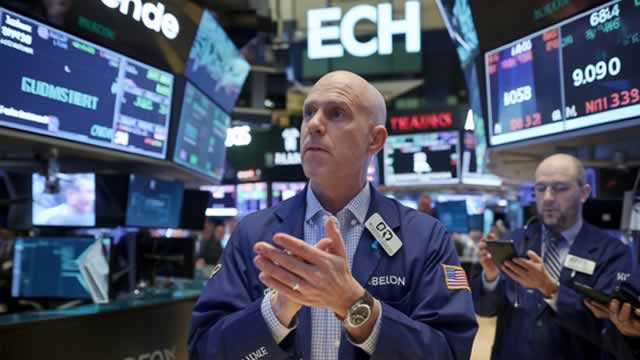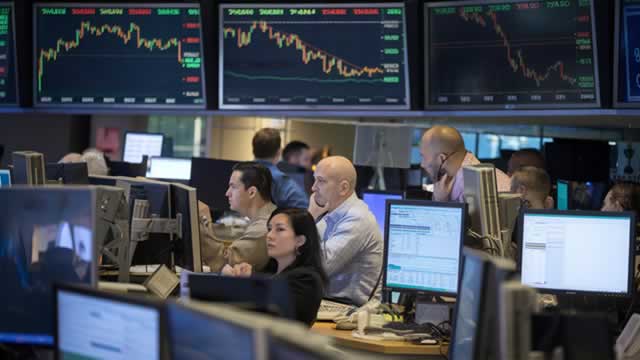Corporate Buyback Activity: A Gaudy Companion to Q4 Retail Earnings and Sales
As the holiday season approached in late 2024, consumers weren’t the only ones on a spending spree. Corporations, too, were busy making significant purchases, but instead of buying toys, electronics, or clothing, they were repurchasing their own shares. The Q4 earnings reports and end-of-year retail sales figures were impressive, with many retailers reporting record-breaking revenue growth. However, the corporate buyback activity was equally gaudy, with companies announcing multi-billion dollar share repurchase programs.
Impressive Corporate Buyback Figures
According to data from S&P Dow Jones Indices, S&P 500 companies spent a staggering $209.5 billion on buybacks during Q4 2024, a 31% increase from the same period in 2023. This trend was not limited to just the tech sector, as companies from various industries, including finance, healthcare, and energy, also participated in the buyback frenzy.
Why the Buyback Boom?
There are several reasons why companies are turning to buybacks instead of investing in research and development or expanding their businesses. One reason is the low-interest-rate environment, which makes borrowing cheap. Another reason is the strong earnings and cash flow that companies are experiencing, which gives them the financial flexibility to repurchase shares.
Impact on Individual Investors
The buyback activity can have a positive impact on individual investors, as it can lead to higher earnings per share (EPS), which can result in higher stock prices. Additionally, buybacks reduce the number of outstanding shares, making each investor’s stake in the company larger.
- Higher EPS:
- Reduced Share Dilution:
As companies repurchase their shares, the number of outstanding shares decreases, leading to higher EPS. This can result in higher stock prices, as investors are willing to pay more for a company with higher earnings per share.
Buybacks can also help reduce the impact of share dilution, which occurs when a company issues new shares. Share dilution reduces the percentage of ownership that existing shareholders have in the company, which can lead to lower stock prices. By repurchasing shares, companies can offset the impact of share dilution and maintain the value of their existing shareholders’ investments.
Impact on the World
The corporate buyback boom can have far-reaching implications for the global economy. One concern is that companies are prioritizing buybacks over investment in research and development or capital expenditures, which can hinder long-term growth. Additionally, the buyback activity can contribute to higher stock prices, which can make it more difficult for new investors to enter the market.
- Impact on Long-Term Growth:
- Impact on New Investors:
Some argue that the focus on buybacks over investment in research and development or capital expenditures can hinder long-term growth. By repurchasing shares, companies are essentially returning cash to shareholders instead of investing it in areas that could drive future growth.
The buyback activity can also make it more difficult for new investors to enter the market, as higher stock prices can make it more expensive to buy in. This can limit the potential for new investment and innovation, which can have negative implications for the economy as a whole.
Conclusion
The corporate buyback boom during Q4 2024 was an impressive display of financial firepower, with companies spending billions on repurchasing their own shares. While this can have positive impacts on individual investors, such as higher earnings per share and reduced share dilution, it also raises concerns about the long-term implications for the global economy. As the focus on buybacks continues, it will be important for companies to balance their share repurchase programs with investments in research and development and capital expenditures to ensure long-term growth and sustainability.





